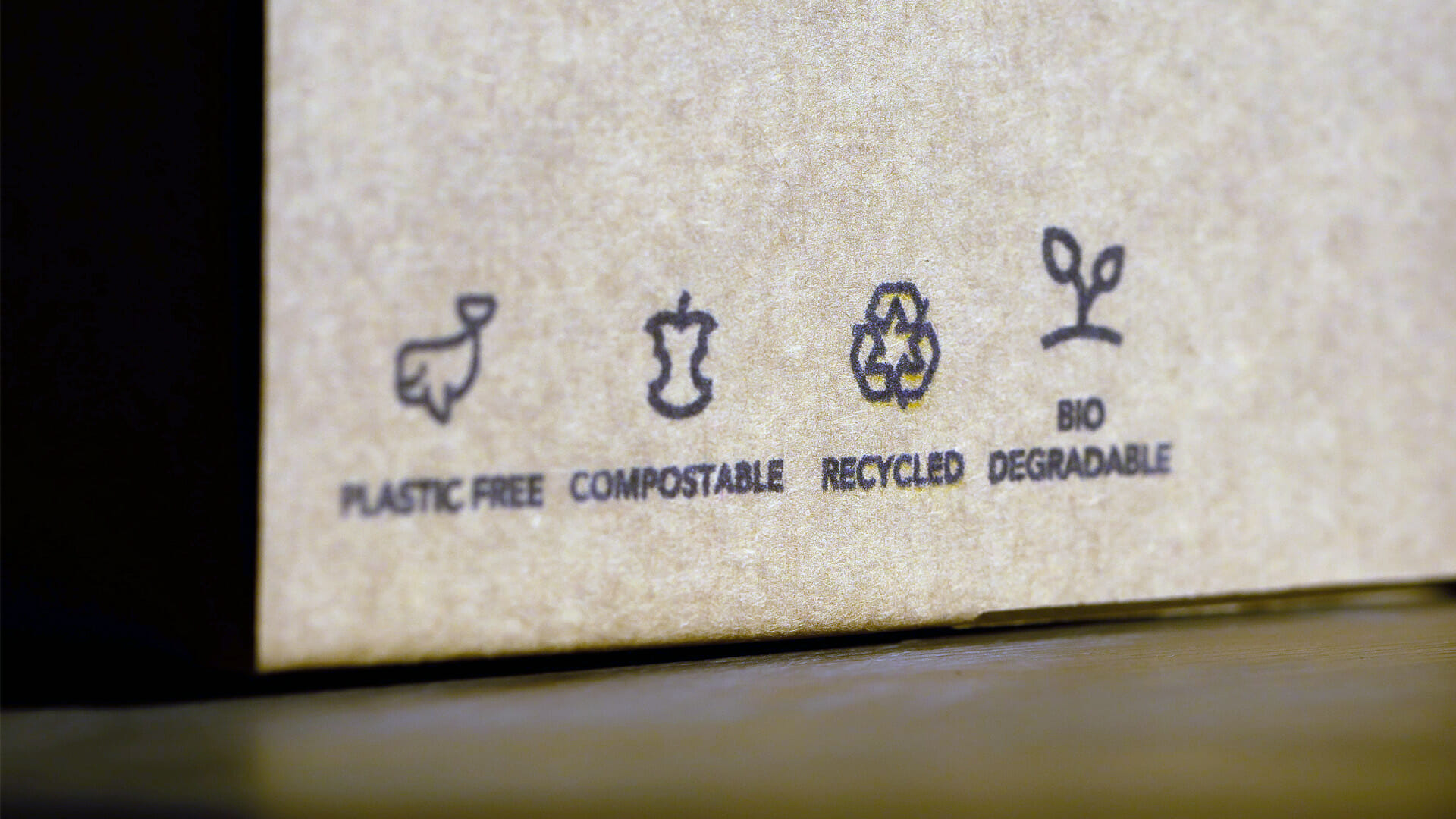From the manufacturing of widgets to the production of food, more and more organizations are working toward eliminating waste entirely. While recycling and composting are certainly part of the solution, a world without waste calls for a comprehensive approach to managing waste streams from product concept to production line and beyond. At Green Field Solutions, we make waste management make more sense so that food manufacturers and other companies can go zero waste.
What does zero waste mean?
In 2004, the Zero Waste International Alliance adopted the first peer-reviewed, internationally accepted definition of zero waste, which it later updated in 2009.
- Zero waste definition – The conservation of all resources by means of responsible production, consumption, reuse and recovery of products, packaging and materials without burning and with no discharges to land, water or air that threaten the environment or human health.
- Revised zero waste definition – Zero waste is a goal that is ethical, economical, efficient and visionary, to guide people in changing their lifestyles and practices to emulate sustainable natural cycles, where all discarded materials are designed to become resources for others to use.
How to get Zero Waste Certified?
Green Field Solutions is proud to partner with U.S. Green Building Council (USGBC). As a member, we join together to operate in more environmentally and socially responsible ways. We also help our clients do the same by leading them through the USGBC’s zero waste certification process.
USGBC’s TRUE certification program helps facilities quantify their performance and improve their progress toward zero waste. Brian Beaudrie, GFS Commercial Manager of Recycling and a TRUE Advisor, helps projects achieve one of the program’s four levels of certification: certified, silver, gold and platinum. As a TRUE Advisor, he understands the requirements of the USGBC’s rating system and is committed to advancing zero waste values.
“Becoming TRUE WASTE certified is a multi-stage and an ongoing process,” said Beaudrie.
Beaudrie says that his first step in guiding a company through the certification process is to complete a customized audit of their facility, including an in-depth waste review. Then, Green Field Solutions generates and implements a comprehensive plan to reduce landfill waste, increase recycling of inorganic materials, and identify reuses of organic byproducts. Once a location has achieved 90% diversion from landfill, incineration or environment for 12 months they are eligible to begin the certification process.
“In addition to the certification, the process usually results in significant cost savings and sustainability,” Beaudrie added.
Making waste management make more sense
By making waste management make more sense, we are seeing widget makers and food manufacturers take significant strides in their pursuit of zero waste. By adopting innovative and sustainable business principles, facilities are able to define, pursue and achieve their zero waste goals; cut their carbon footprint; and turn waste to energy by diverting by-products, recyclables and solid waste from landfills or incineration.
“GFS offers food manufacturers a smart, easy and secure way to upcycle organic by-products as well as manage recycling and solid waste streams,” said Beaudrie. “We unlock the potential value of by-products and maximize revenue for production waste to help companies achieve their sustainability goals.”
Read more about our recycling program
Alternative end uses of food waste
There’s more than one way to turn a waste stream into a zero-waste, profit stream. The Environmental Protection Agency’s (EPA) food recovery hierarchy prioritizes the ways to prevent and divert food waste, emphasizing waste’s reduction, reuse, recycling and composting as key to sustainable materials management. From reducing surplus food at the source to feeding hungry people, feeding animals, industrial use and compositing, the EPA ranks food recovery strategies with the greatest benefits to the environment, society and economy.
Green Field Solutions works with major manufacturers in the food industry to give their food waste the best possible economic, environmental and societal reuse. Check out how some of the tiers compare and stack up in terms of benefit:
Read more about GFS & the Food Recovery Hierarchy

